Isabell Schimmel | Certified Educator Share Cite The Declaration of Independence takes most of its main ideas directly from John Locke. Locke was one of the most significant influences on
The Declaration of Independence’s unexpected team of champions: Scott Douglas Gerber (Opinion) – cleveland.com
Dec 27, 2023John Locke See all media Category: History & Society Born: August 29, 1632, Wrington, Somerset, England Died: October 28, 1704, High Laver, Essex (aged 72) Notable Works: “A Letter Concerning Toleration” “An Essay Concerning Human Understanding” “Essays on the Law of Nature” “Some Thoughts Concerning Education” “The Reasonableness of Christianity”
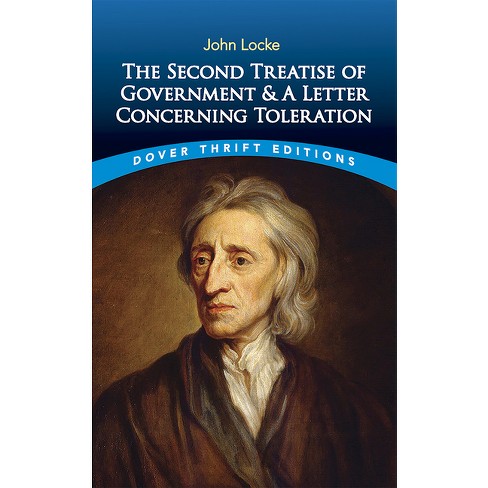
Source Image: target.com
Download Image
Philosophers Thomas Hobbes and John Locke’s ideas were central to the eventual formation of the Declaration of Independence. Thomas Hobbes is easily found within the words of the Declaration.
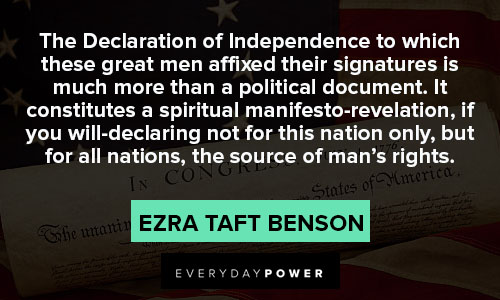
Source Image: everydaypower.com
Download Image
A retrospective: John Locke | World of Humanism lthough Christopher Hitchens was often cheerfully iconoclastic, his 2005 biography of Thomas Jefferson affirmed the scholarly and popular consensus: the Declaration of Independence is based on John Locke’s ideas. But is it? Locke’s definition of “self-evident” would dis allow the use of those “crucial words” in the Declaration.
Source Image: quora.com
Download Image
How Did John Locke Inspire The Declaration Of Independence
lthough Christopher Hitchens was often cheerfully iconoclastic, his 2005 biography of Thomas Jefferson affirmed the scholarly and popular consensus: the Declaration of Independence is based on John Locke’s ideas. But is it? Locke’s definition of “self-evident” would dis allow the use of those “crucial words” in the Declaration. John Locke (29 August 1632 – 28 October 1704) was an English philosopher and physician regarded as one of the most influential of Enlightenment thinkers, especially concerning the development of political philosophy. His writings influenced Voltaire and Rousseau, but most importantly, the American revolutionaries.
What role did Locke play in the American Revolution? – Quora
John Locke’s political theory directly influenced the U.S. Declaration of Independence in its assertion of natural individual rights and its grounding of political authority in the consent of the governed. American Government and Civics: John Locke and the Declaration of Independence
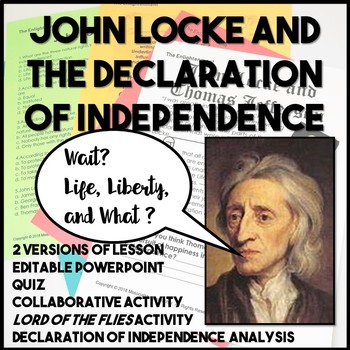
Source Image: teacherspayteachers.com
Download Image
Discovering Childhood: John Locke on Education in the Seventeenth Century – Brewminate: A Bold Blend of News and Ideas John Locke’s political theory directly influenced the U.S. Declaration of Independence in its assertion of natural individual rights and its grounding of political authority in the consent of the governed.

Source Image: brewminate.com
Download Image
The Declaration of Independence’s unexpected team of champions: Scott Douglas Gerber (Opinion) – cleveland.com Isabell Schimmel | Certified Educator Share Cite The Declaration of Independence takes most of its main ideas directly from John Locke. Locke was one of the most significant influences on
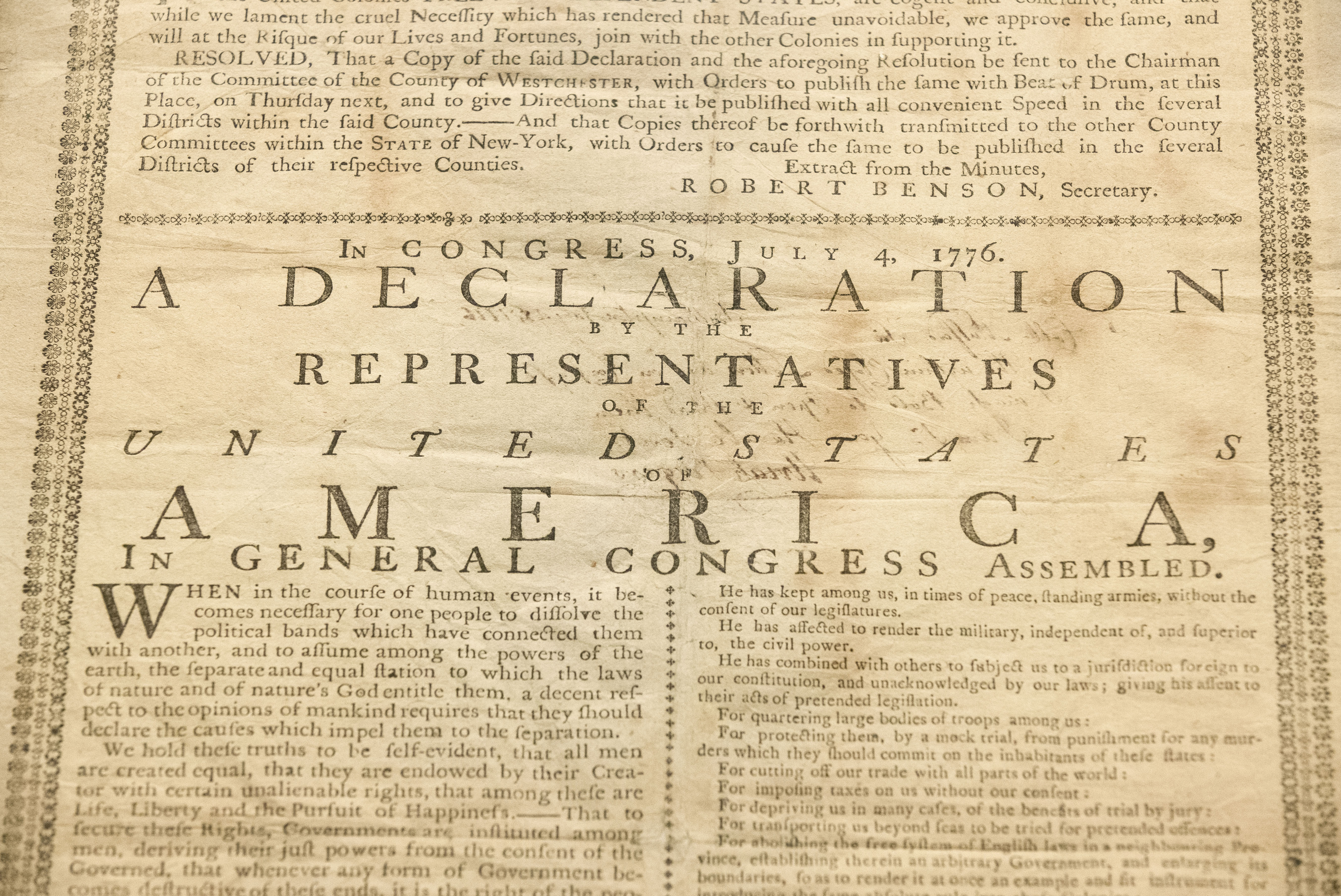
Source Image: cleveland.com
Download Image
A retrospective: John Locke | World of Humanism Philosophers Thomas Hobbes and John Locke’s ideas were central to the eventual formation of the Declaration of Independence. Thomas Hobbes is easily found within the words of the Declaration.
Source Image: helicon74.wordpress.com
Download Image
John Locke Storyboard by matt-campbell Thomas Jefferson Videos, podcasts, and livestreams about Thomas Jefferson and his world, Monticello and its enslaved community, and the work of the Thomas Jefferson Foundation.
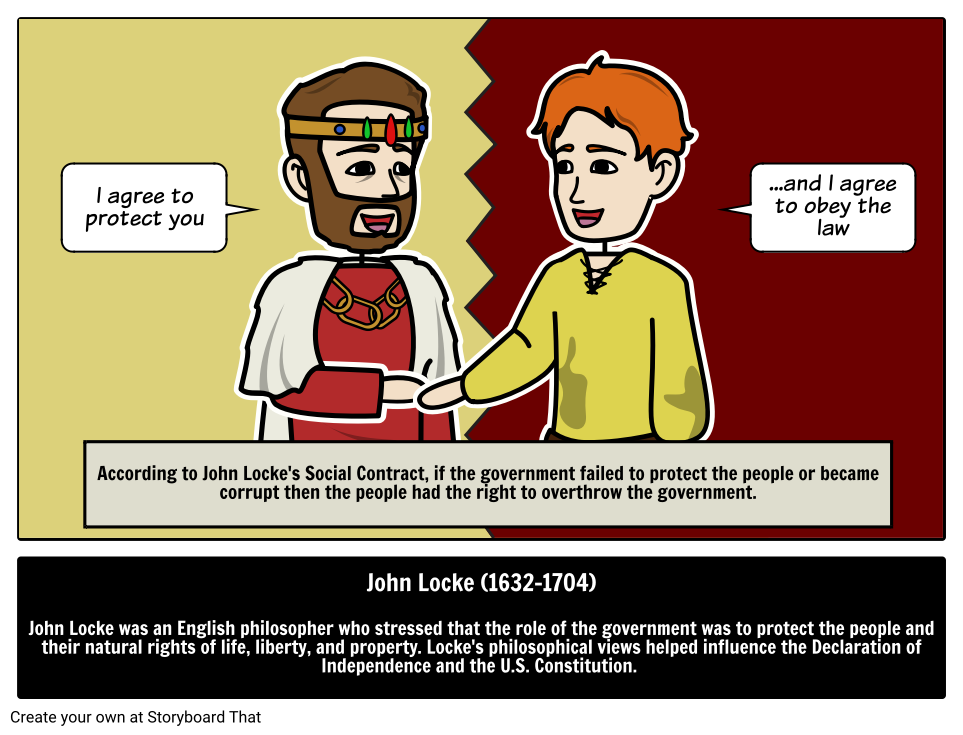
Source Image: storyboardthat.com
Download Image
60 John Locke Quotes on Character, Wealth, and Life lthough Christopher Hitchens was often cheerfully iconoclastic, his 2005 biography of Thomas Jefferson affirmed the scholarly and popular consensus: the Declaration of Independence is based on John Locke’s ideas. But is it? Locke’s definition of “self-evident” would dis allow the use of those “crucial words” in the Declaration.
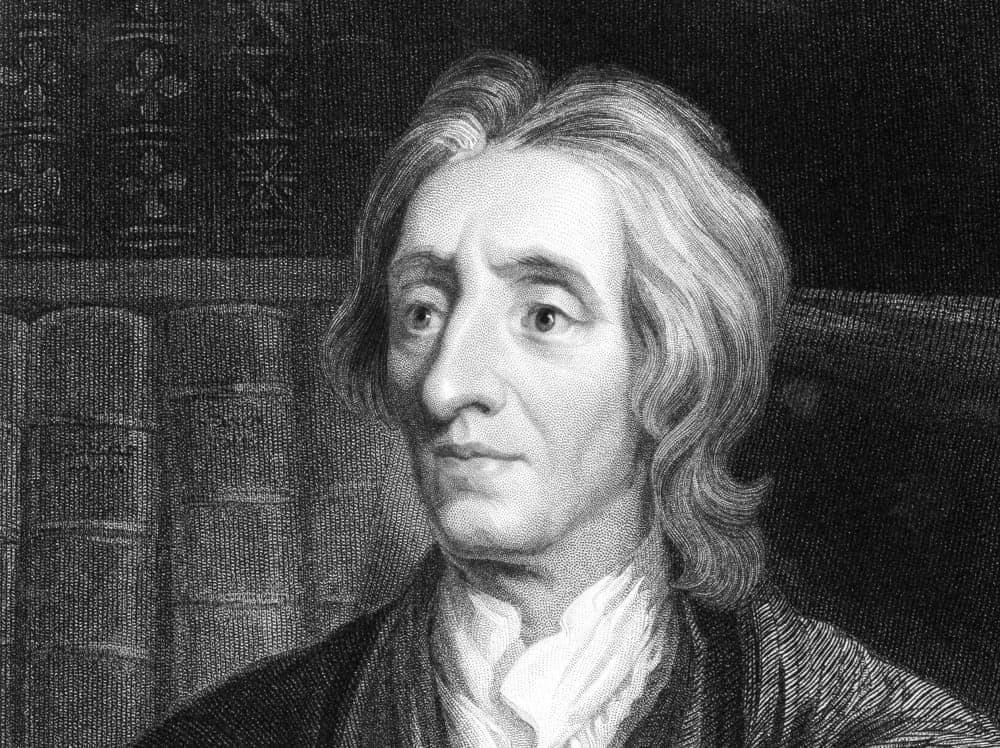
Source Image: everydaypower.com
Download Image
John Locke John Locke (29 August 1632 – 28 October 1704) was an English philosopher and physician regarded as one of the most influential of Enlightenment thinkers, especially concerning the development of political philosophy. His writings influenced Voltaire and Rousseau, but most importantly, the American revolutionaries.
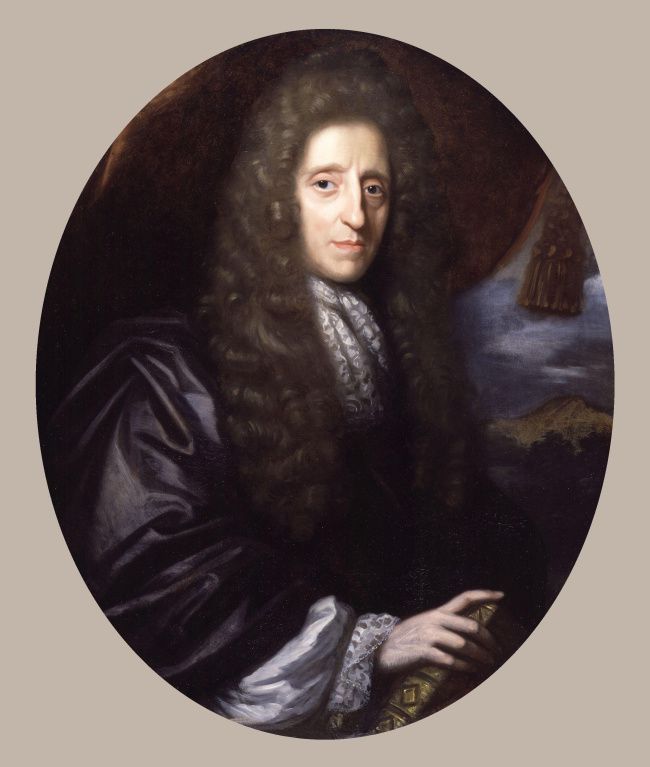
Source Image: timenote.info
Download Image
Discovering Childhood: John Locke on Education in the Seventeenth Century – Brewminate: A Bold Blend of News and Ideas
John Locke Dec 27, 2023John Locke See all media Category: History & Society Born: August 29, 1632, Wrington, Somerset, England Died: October 28, 1704, High Laver, Essex (aged 72) Notable Works: “A Letter Concerning Toleration” “An Essay Concerning Human Understanding” “Essays on the Law of Nature” “Some Thoughts Concerning Education” “The Reasonableness of Christianity”
A retrospective: John Locke | World of Humanism 60 John Locke Quotes on Character, Wealth, and Life Thomas Jefferson Videos, podcasts, and livestreams about Thomas Jefferson and his world, Monticello and its enslaved community, and the work of the Thomas Jefferson Foundation.